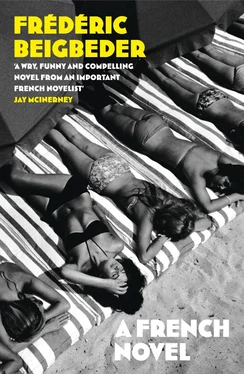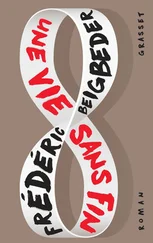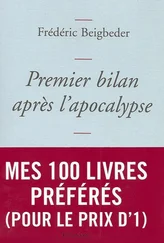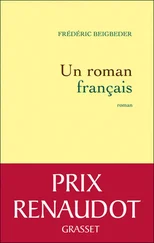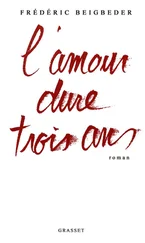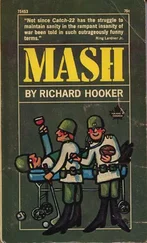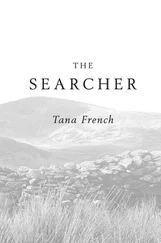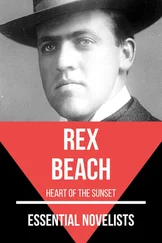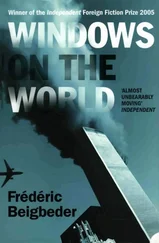Chant des Girondins ’: ‘To die for one’s country is the most noble, most enviable destiny!’ The men of the 161st Infantry Regiment launched themselves into a hail of bullets; as intended, my great-grandfather and his men were ripped to shreds by the German machine guns and asphyxiated with chlorine gas. It might be said that Thibaud was murdered by his superior officers. He was tall, he was young, he was handsome, and
La France ordered him to die for her. Or rather – and this gives his fate a curious topicality –
La France ordered him to commit suicide. Like a Japanese kamikaze or a Palestinian terrorist, this father of four sacrificed himself knowing precisely what he was doing. This descendant of the crusaders was doomed to imitate Jesus Christ: to give his life so that others might live.
I am descended from a gallant knight crucified on the barbed wire of Champagne.
I had just found out my brother had been made a Chevalier de la Légion d’honneur when I was arrested. The police did not handcuff me straight away; they only did that later, when I was being transferred to the Hôtel-Dieu, and again when I was transferred to prison on the Île de la Cité the following night. The President of the Republic had just written a charming letter to my elder brother, congratulating him on his contribution to the economic dynamism of France: ‘You are a perfect example of the sort of capitalism we want: a capitalism of entrepreneurs rather than one of speculators.’ On 28 January 2008, at the police station in the 8th arrondissement in Paris, officers in blue uniform, guns and truncheons dangling from their belts, stripped me completely naked in order to search me, confiscated my phone, my watch, my credit card, my money, my keys, my passport, my driving licence, my belt and my scarf, took samples of my saliva and my fingerprints, lifted up my testicles to see whether I had anything stuffed up my arsehole, took front, side and three-quarter photographs of me holding a mugshot placard, before returning me to a cage two metres square, its walls covered with graffiti, dried blood and snot. At the time I did not realise that, a few days later, I would be watching my brother receiving the Légion d’honneur in the Salle des Fêtes of the Élysée Palace, which is not quite so cramped, and that through the picture windows I would watch the leaves of the oak trees in the grounds moving in the wind, as though waving to me, beckoning me to come into the presidential gardens. Lying on a concrete bench at about four o’clock in the morning that dark night, the situation seemed simple to me: God had faith in my brother, and He had abandoned me. How could two people who had been so close as children have had such different fates? I had just been arrested for using class-A drugs on the public highway with a friend. A pickpocket in the next cell hammered on the glass half-heartedly, but regularly enough to keep the rest of the prisoners from getting any sleep. Sleep, in any case, would have been impossible, a utopian dream, since even when the convicts stopped bawling, the police shouted to each other along the gangways at the top of their lungs, as though the prisoners were deaf. The air was pervaded by the smell of sweat, vomit and undercooked microwaved stewed beef with carrots. Time passes very slowly when you don’t have a watch and when no one thinks to switch off the flickering strip light on the ceiling. Lying on the filthy concrete floor at my feet, a schizophrenic in an alcoholic coma groaned, snored and farted. It was freezing, but I was burning up. I tried to think of nothing, but it was impossible: when you bang people up in a tiny little cell, their brains work overtime trying in vain to ward off panic; some fall to their knees and beg to be let out, others have a nervous breakdown, try to top themselves, or confess to crimes they didn’t commit. I would have given anything for a book or a sleeping pill. But since I had neither, I started writing this book in my head, with no pen, my eyes closed. I hope that this book lets you escape from it all, as it did me that night.
I do not remember my childhood. No one believes me when I say that. Everyone remembers their past; what’s the point of living if you forget your life? I have nothing left of myself: from zero to the age of fifteen, I am confronted by a black hole (as defined in astrophysics: ‘a compact mass having a gravitational field so intense that no matter or radiation can escape’). For a long time I believed that this was normal, that others experienced the same amnesia. But whenever I asked, ‘Do you remember your childhood?’, they would tell me endless stories. I’m ashamed that my autobiography will be written in invisible ink. Why is my childhood not indelible? I feel excluded from the world, because the world has an archaeology and I do not. I have covered my tracks like a criminal on the run. When I mention this disability, my parents roll their eyes to heaven, my family protests, my childhood friends get angry, former girlfriends are tempted to produce photographic evidence.
‘You haven’t lost your memory, Frédéric. It’s just that you don’t care about us!’
Amnesiacs are hurtful; their nearest and dearest take them for revisionists, as though forgetting is always a choice. I’m not lying by omission: I rummage through my life as if it were an empty trunk, and I find nothing; I am a wilderness. Sometimes I’ll hear people whispering behind my back: ‘That guy, I can’t quite work him out.’ I agree. How is it possible to work someone out when he doesn’t know where he comes from? As Gide says in The Counterfeiters , I am ‘built on piles having neither foundations nor substratum’. The ground gives way beneath my feet, I hover on a cushion of air, I am a bottle adrift on the sea, a Calder mobile. In order to please, I gave up having a backbone, I wanted to blend into the background like Zelig, the human chameleon. To forget one’s personality, lose one’s memory in order to be loved; to become, the better to charm, that which others wish one to be. In psychiatric terms this is a personality disorder known as ‘deficiently centred consciousness’. I am an empty vessel, a life without substance. In my childhood bedroom on rue Monsieur-le-Prince, pinned on one of the walls, I’m told, I had a poster for the film My Name is Nobody . I probably identified with the hero.
I have always written stories about men who have no past: the heroes of my books are products of an age of immediacy, cast adrift in a rootless present – transparent inhabitants of a world in which feelings are as short-lived as butterflies, in which forgetfulness is a safeguard against pain. It is possible – I am living proof – to retain only a few scraps of one’s childhood, false for the most part, or fashioned after the fact. Such amnesia is encouraged in our society: even the future perfect is on the road to grammatical oblivion. My handicap will soon be a commonplace; my particular case will become the general. Nonetheless, we must accept that it is not usual to develop Alzheimer’s symptoms in middle age.
Often I refashion my childhood out of politeness. ‘Come on, Frédéric, you must remember?’ I nod sagely: ‘Oh yes, of course, I collected Panini stickers, I was a Rubettes fan, it’s all coming back to me now.’ I am terribly sorry to have to confess here: I remember nothing; I am my own imposter. I have no idea where I was between 1965 and 1980; perhaps this is why I am so lost today. I hope there is some secret, some mysterious hex, some magic spell I could discover which would lead me out of this personal labyrinth. If my childhood was not a nightmare, why does my mind keep my memory in a coma?
Читать дальше
